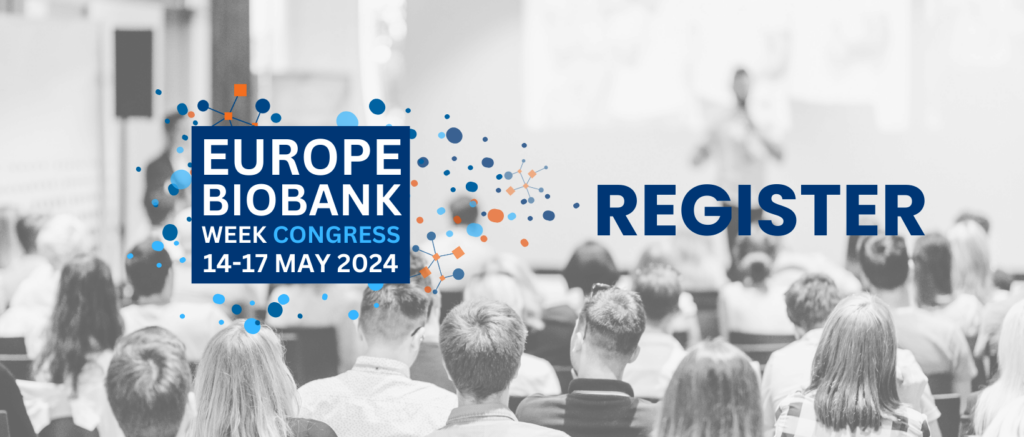
Registration
Join us in Vienna from 14-17 May at #EBW24 for the biggest biobanking networking opportunity, to meet industry representatives at the exhibition, discuss the newest findings and hot topics with experts from healthcare, academia, and industry, and attend high-quality scientific programmes.
Registration is OPEN. We are delighted to make the workshops free of charge to attend this year. Once registered, you will be contacted to make your workshop choice.
You can pay by invoice or credit card.
You can view ticket costs below. Join us for the networking evening at the Wiener Rathauskeller by choosing this as an add-on when you book.
| Ticket type | ESBB/BBMRI Member | Non-Member |
|---|---|---|
| Early Bird (until 31 January 2024) | €550 | €750 |
| Standard (from 1 February 2024) | €625 | €975 |
| Late and On-Site (after 23 April 2024) | €700 | €1050 |
Not a member of either BBMRI-ERIC or ESBB? Contact us to remedy this!